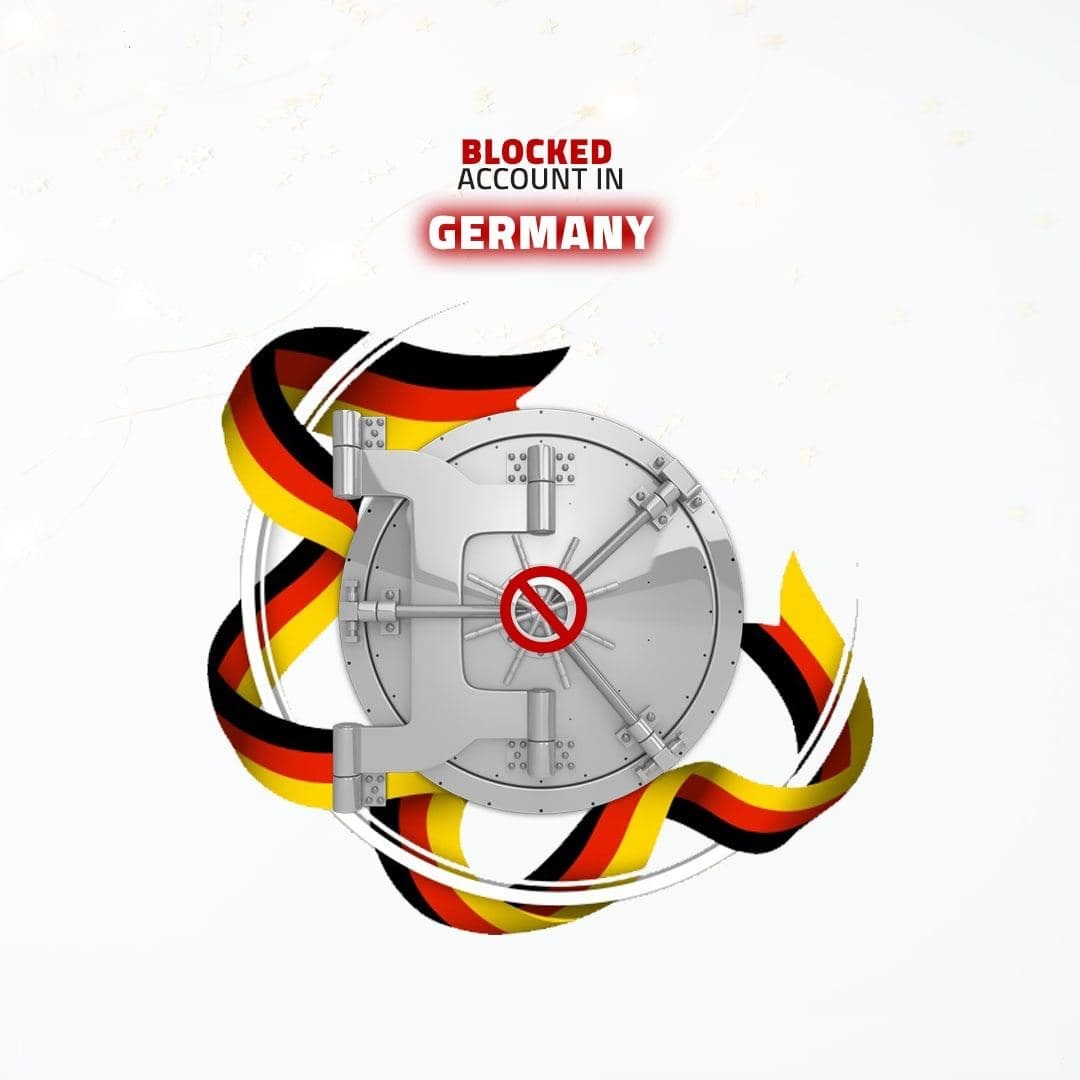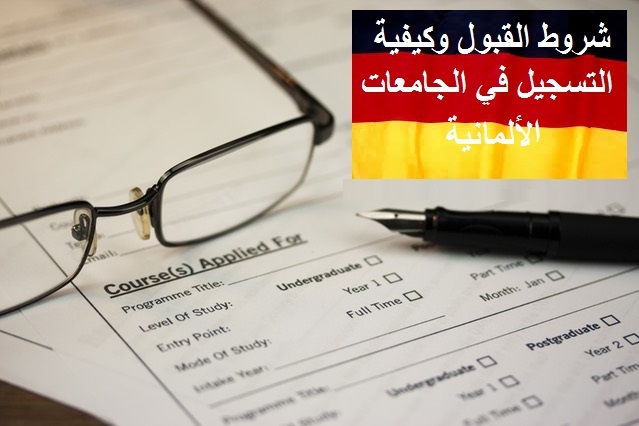
Higher education What higher degrees can be obtained?
What certificates are available?
BSC (Bachelors)
A bachelor's degree is an undergraduate qualification degree, which has been recognized throughout Europe and in many countries around the world. For example, in Syria: The equivalent of this certificate is a (university degree), and some call it a “bachelor's.”
In general, a student spends four or five years at the university to obtain a bachelor's degree. During these years, students learn the basics of the subject they have chosen to study, (BA) in the humanities, the student obtains a Bachelor of Arts degree
In the scientific branches, the student obtains a bachelor’s degree in science (B.Sc). In the case of studying engineering, the student obtains a Bachelor of Engineering (B.Eng)
When obtaining a bachelor's degree for the first time, it is possible to enter the labor market, at a lower level than the work levels in the event of obtaining higher degrees such as master's and doctoral degrees. A list of undergraduate programs in Germany can be found on the website
masters (Master)
A master's degree is a university qualification that can be obtained after a bachelor's degree. In Syria, for example, this degree of learning is called a master's degree as well. In general, a master's study needs a year or two, this study expands knowledge about a specific topic and specializes in one or two topics. In the human sciences, a Master of Arts is obtained (MA).
In engineering, a master's degree in engineering is obtained (M.Eng). In science, a master's degree is obtained, and in the event of a master's degree, it is possible to enter the labor market at a higher level of employment than a bachelor's degree. A list of all master's programs in Germany can be found on the website studies-online.de.
state exam (Staatsexamen)
Some academic subjects are not part of the bachelor’s or master’s system. If any person wishes to work as a doctor, lawyer, teacher, or pharmacist, he or she will have to pass the official state examination at the end of the study.”Staatsexamen” “Erstes Staatsexamen” Once all the required courses have been completed, it is possible to apply for the first state examination
In the event of passing this exam, it will be permissible to undertake a period of vocational training, within the field of work related to the type of study, “Zweites Staatsexamen” After completing this stage, it is possible to apply for the second state examination. After passing this examination, it will be permissible, as a specialty as well as work in its field. This examination is subject to federal regulations, which means that everyone who studies/studies in Germany and wants to work on its territory will They are subject to this exam regardless of their place of residence
Ph.D. (Doctor)
After obtaining a master's degree, if you wish to pursue an academic life, you can apply to a doctoral program. Depending on the subject you wish to study, it can take two years or more to research and write, publish the thesis, and enter.” Doktorvater” or “Doktormutter” in the Ph.D. program the student needs to find an honoring professor,
If the supervising professor is found, he can apply to join the doctoral program at their university
dual professional certificate sales Studio)
Dual Professional Certificateausbildungsintegriertes duales Studium" is a special form of degree, which combines studies at a higher education institution and on-the-job training in a company. Dual professional degree courses are particularly common in the fields of business and engineering.
In contrast to regular undergraduate programs, dual professional degrees do not focus primarily on academic studies or theoretical studies taught at a higher education institution (universities or higher institutes). Berufsakademie Students undergo training by working in a company during their studies, and this provides them with the necessary work experience, which opens up excellent career opportunities, and moreover, Students get a salary Like any other trainee during their period of work in the institution or company.
Dual professional degree programs often last from three to five years, in most cases the professional section is limited to two years, to make sure that there is enough time for the academic part, students can participate in this type of program only if they have the qualifications for admission to German universities, The first step is to register with the company that will be responsible for the practical training, and then you can register at the university with which the company cooperates.
A list of the types of dual professional training, including companies that offer training, is available on the portal "AusbildungPlusSimply enter the phraseausbildungsintegriertes duales Studium” in the search window. Please be sure to search for the right opportunity early on, as these courses are very popular. More information on apprenticeships atazubi.de.
important
on-site:hochschulkompass.deYou can filter by different types of universities and degrees and display all the appropriate courses.
Source:https://handbookgermany.de/en/learn/higher-education.html


